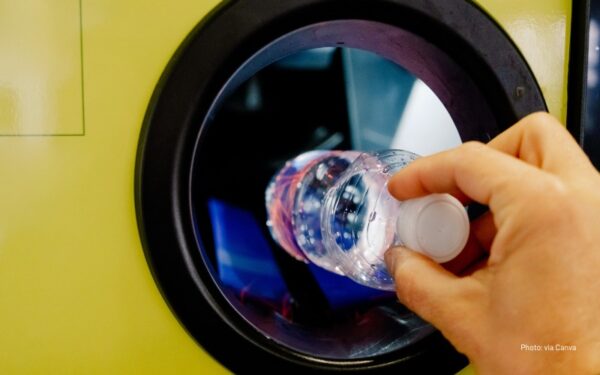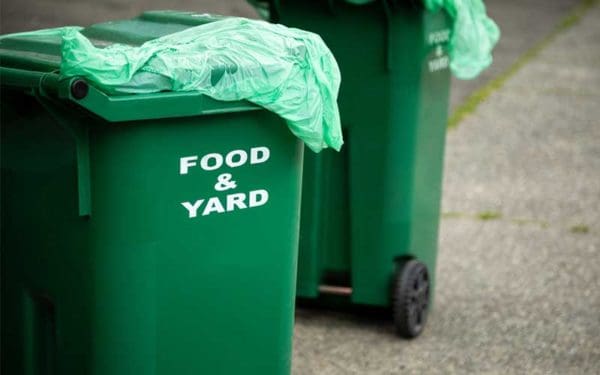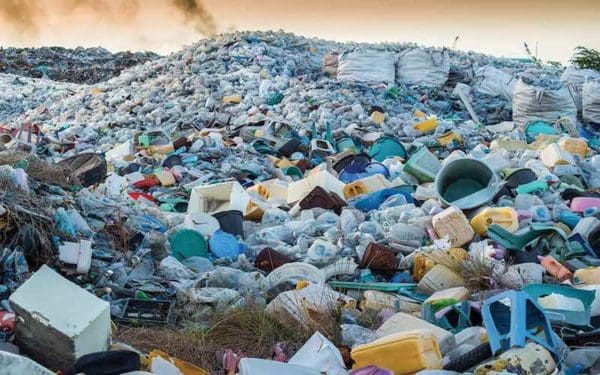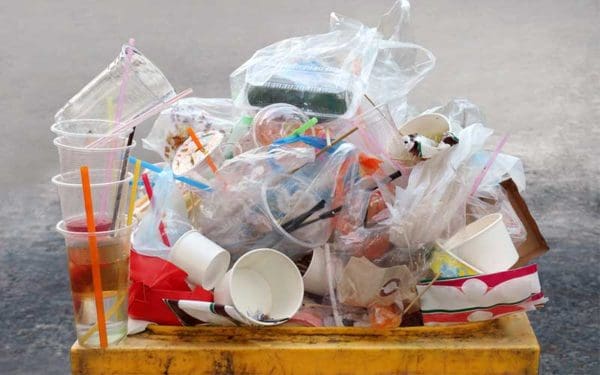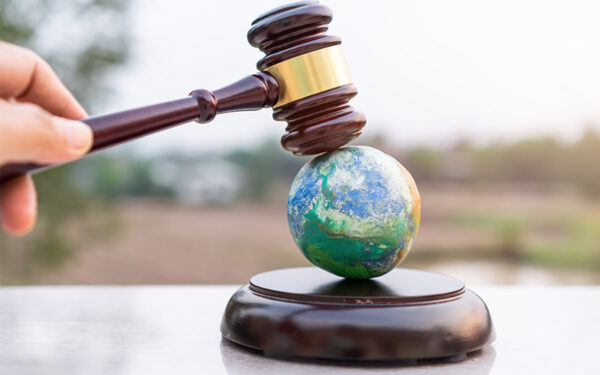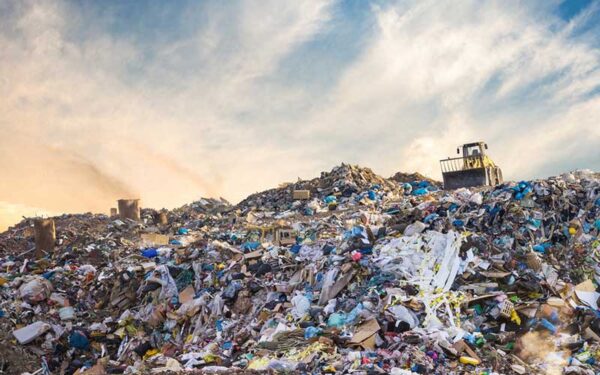Jul 09, 2025
Across regions, people are standing up for their health, culture, and environment – pushing back on unjust waste infrastructure and reclaiming power over their communities’ futures. In Old Town, Maine, and New Bedford, Massachusetts, residents are confronting a familiar pattern – and showing what it takes to break the cycle and build lasting change.
Jul 07, 2025
How does your state stack up in this report card? Could your elected officials be doing more to cut litter and keep bottles out of landfills?
Jun 11, 2025
The Maine Legislature has passed LD 1065, a new law that will help large food institutions – from grocery stores to college cafeterias – keep food out of landfills and incinerators.
Jun 04, 2025
The uptick in composting is a huge step forward in combatting our trash crisis. But we can’t do the hard work on our own. We need cities, towns, and states to invest in infrastructure that will make composting easy and affordable for everyone.
Apr 22, 2025
Big Plastic has sold us on these easy-to-use plastic products and packaging, even though their effects, in the long run, are neither quick nor easy. In fact, the intrusion of plastic into every conceivable corner of our lives is contributing to the degradation of not only the planet but of our very own bodies.
Apr 07, 2025
Learn some of the most impactful activities you can do this Earth Day.
Apr 04, 2025
Plastic is everywhere – even in the places you’d least expect, like chewing gum, tea bags, wet wipes, receipts, and microwaveable popcorn bags. Yet, manufacturers continue to make more and more plastic each year – even though how plastic is made fuels a toxic cycle of production, consumption, and disposal.
Apr 04, 2025
Despite the fossil fuel industry’s greenwashing, “renewable” natural gas still pollutes the climate and hurts our health.
Feb 27, 2025
The Trump administration is working to roll back environmental justice protections like Justice40 and Title VI – but can they really do that? Undoing these policies won’t be easy, but their strategy goes beyond legal challenges. Learn how communities can fight back against these attacks on clean air, safe water, and environmental equity.
Feb 13, 2025
Roughly half of the waste buried in New Hampshire landfills comes from out of state.


